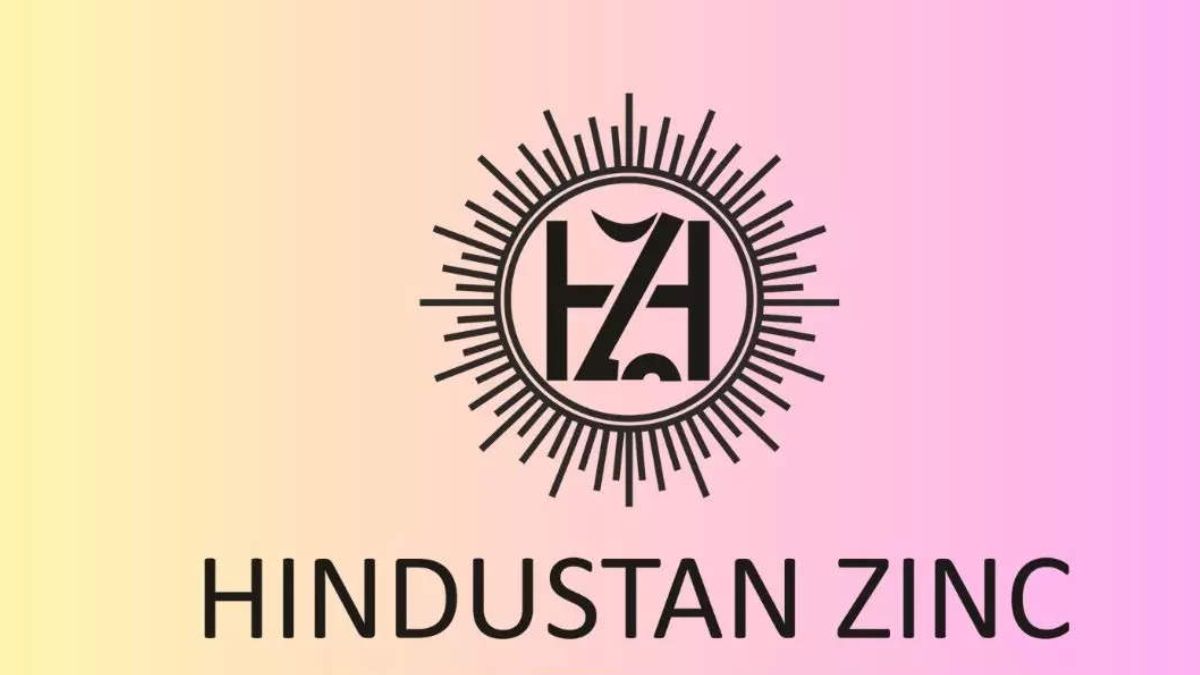Hindustan Zinc today announced that it has signed Memorandum of Understanding (MoU) with Jawaharlal Nehru Centre for Advanced Scientific Research (JNCASR), a premier institute sponsored by the Department of Science and Technology, Government of India. This collaboration aims to develop new variants of zinc materials to propel the commercialization of zinc-based batteries.
The partnership between Hindustan Zinc and JNCASR marks a pivotal moment in the evolution of battery technologies, leveraging zinc’s abundant resource availability, cost-effectiveness and sustainable practices. At present, lithium-ion batteries dominate the market but lithium availability, geographic concentration of mineral processing, and concerns around safety relating to combustion issues pose some key challenges to the advancement of sustainable energy solutions. Above all, lithium is far costlier (more than four times) compared to zinc which is much more affordable. Zinc-based batteries are better alternatives to lithium-based batteries mainly due to properties like long duration storage, cost-effectiveness, durability and proven safety track record.
Zinc-based primary batteries have long held a significant market share in India and globally.
The stable chemistries offered by zinc have been in wide circulation since the 1800s. Recent advancements in rechargeable zinc-based batteries have opened up new avenues for innovation. These batteries have proven dependable and successful in the high-end defence sector (including aerospace and marine), renewable energy and critical infrastructure for data centres and 5G telecom, etc.
The indigenous development of zinc-based batteries will also lead to savings for the exchequer owing to the vast availability of resources within the country. Some of the widely recognized zinc-based battery chemistries include zinc-manganese, zinc-carbon, nickel-zinc and zinc-air. However, this collaboration will focus on the research and development of Zinc alloys as anodes for Zinc lon and Zinc Air batteries, developing electrolytes for high-performance Zinc alloy anodes, and designing & developing chemical processes for recycling Zinc metal-based batteries.
Arun Misra, CEO of Hindustan Zinc Limited said, “Zinc is integral to a low-carbon future and it presents itself as a safe, stable and sustainable alternative to lithium in the energy storage segment. At Hindustan Zinc, our climate action initiatives are focussed on aiding the ongoing global energy transition by advancing and exploring new applications of zinc in batteries. This collaboration demonstrates our crucial in catering to the increasing demand for alternative energy solutions by being an active contributor of critical raw materials for the development of emerging clean technologies.”


